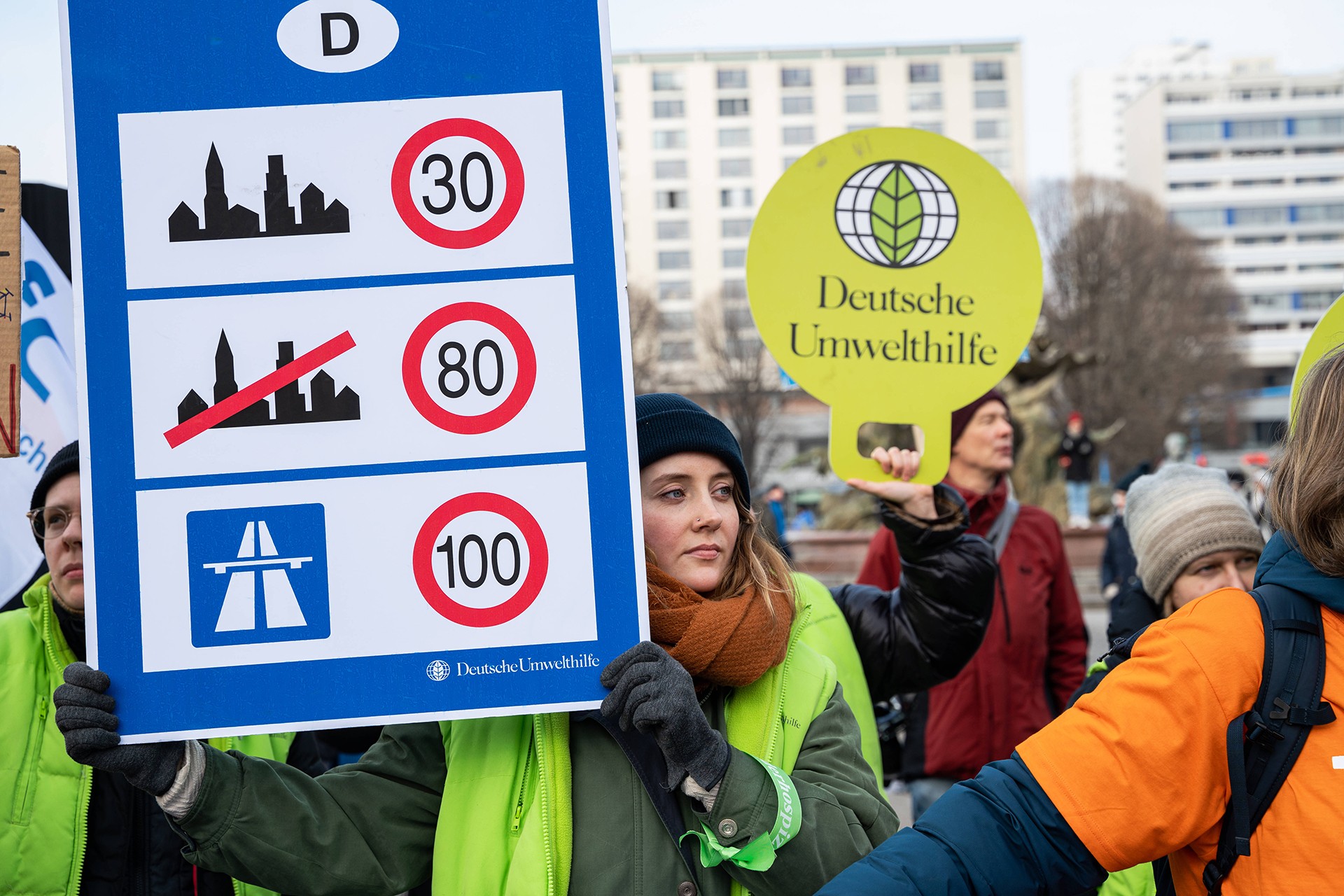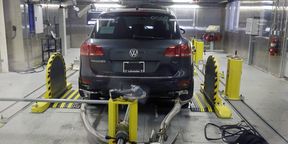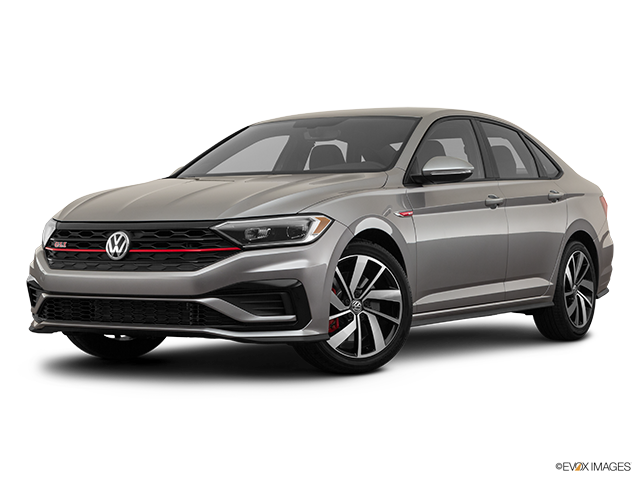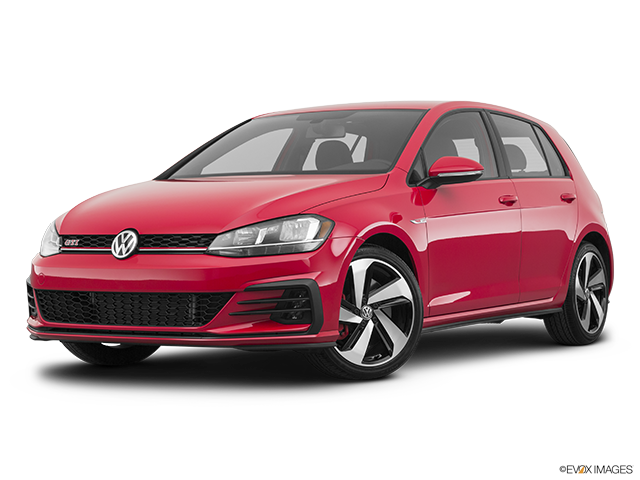Motor Mouth: Dieselgate lives!
Volkswagen may have to scrap TDIs in Europe after an environmental NGO just won a recall lawsuit

Article content
Dieselgate lives! Yes, the emissions scandal that killed diesels — and started Europe’s electrification revolution — lives on. Just last Monday, on May 20, a German court ruled that Volkswagen’s TDi diesels still emitted too many noxious gasses and may have to recalled. Almost 10 years since we first heard about VW’s diesels pumping out excess toxins, it appears the company’s EA 189 diesel engine still hasn’t been fixed.
Advertisement 2
Story continues below
Article content
For those for whom Dieselgate is a but a distant memory, let me offer a quick recap. Diesel engines produce an inordinate amount of toxic emissions called nitrogen oxides (chemically, NOx, the “x” designating the fact there are multiple varieties of the gasses with different numbers of oxygen molecules attached to the nitrogen). They are, to say the least, dangerous, and have been blamed for asthma, heart disease, and diabetes, as well as a host of other maladies.
Getting NOx down to acceptable levels in diesels is difficult. In fact, it was so difficult that pretty much everybody who sold diesel cars had to run expensive urea-injection systems — sometimes called AdBlue — to scrub the exhaust system. Everybody, that is, except Volkswagen, which claimed to have discovered some “miracle” software that eliminated NOx without the need for expensive add-ons.
Advertisement 3
Story continues below
Article content
Except it wasn’t a miracle, and it didn’t eliminate emissions. What Volkswagen had done is sneak something called a “defeat device” into its TDIs. The engines pumped out toxic levels of NOx — as much as 40 times the amount allowed — except when the car’s software recognized it was being tested by an environmental agency, such America’s EPA. Then it would dramatically cut their output to meet the maximum permitted. In other words, it was deliberate, planned, and computer-coded cheating.
The automaker eventually got caught — it took nigh on 10 years for the ruse to be exposed, during which time thousands of diesels were spewing out said NOx — and the company’s TDIs were taken off roads around the world. VW paid out billions upon billions in restitution, fines, and penalties to make things right, and, of course, it had to update its emissions regulation systems before its cars were allowed back on the road.
Advertisement 4
Story continues below
Article content

And that’s where that recent lawsuit win comes in. According to reports from Carscoops, Germany’s Schleswig Administrative Court just ruled in favour of environmental NGO Deutsche Umwelthilfe’s contention that the German Federal Transport Authority’s (KBA) approval of the software fix was premature. That, in fact, even the supposed cure — that updated software — still pumped out too many emissions. Or, as Carscoops puts it, “despite having been ‘fixed’ by the KBA’s standards, the cars were still allowed to emit excessive nitrogen oxide.”
At issue, it seems, is that the upgraded software only operates within a narrow range of temperatures, namely 15 C to 33 C. Above or below that, exhaust-gas recirculation is reduced and, hence, emissions elevated. An advocacy group called dieselgate.legal sums up Deutsche Umwelthilfe’s legal challenge succinctly: “these software updates were only further illegal defeat devices … one ‘cheat software’ exchanged for another.” More importantly, it says, Volkswagen did all this “with the knowledge and help of the German authorities.”
Advertisement 5
Story continues below
Article content
It is this last that is, in fact, the crux of this story. That Volkswagen may have taken yet another shortcut in rectifying the NOx problem is hardly surprising. According to the company, the temperature controls are necessary to prevent damage to the engines. More troubling, at least according to Deutsche Umwelthilfe’s lawyers, is that Germany’s national automotive authority, the KBA, authorized them. And, in fact, the NGO’s lawsuit is not against Volkswagen, but the KBA instead. Monday’s court ruling, according to Carscoops, “overturned the approval for the software fix” to VW’s troubled four-cylinder diesel.
Pretty much everybody who sold diesel cars had to run expensive urea-injection systems — except Volkswagen, which claimed to have discovered some “miracle” software that eliminated NOx
As for next steps, well, Volkswagen says it will wait to receive the full reasoning from the court to decide on next steps, though it may still have to recall the affected cars and/or decommission them. Of course, court rulings in Germany do not, in and of themselves, affect North American diesels, though, if history be any guide in this scandal, don’t be surprised if there are repercussions on this side of the pond.
Advertisement 6
Story continues below
Article content
More important is the effect that the Dieselgate scandal has had, and, by the sounds of this ruling, will continue to have on the automotive world. Those seeing glasses half-full will point out that at least these bad behaviours were exposed — Volkswagen was at such pains to justify its defeat devices that it gassed a bunch of monkeys with the exhaust from a Beetle TDi in an attempt to prove its noxious fumes were of no harm — and that this has all led to the demise of the diesel as a powerplant of choice for the immediate future.
There can also be no doubt that Dieselgate and its highlighting of internal-combustion emissions propelled the electric vehicle into the limelight. Hell, Volkswagen itself has transformed itself from toxin-spewing miscreant to a — perhaps soon, the — world leader in production of emissions-free battery-powered EVs.
Advertisement 7
Story continues below
Article content

The real problem, however, is that European automotive authorities continue to obfuscate the impact of these rule-bendings and hinder their rectification. Motor Mouth covered the Dieselgate extensively — here, here, and here — when it originated, and the lasting memory was of how very corrupt the E.U.’s automotive industry mandarins are. Testing procedures were notoriously lax — test tracks were allowed to be downhill, gaps in panels could be taped up for superior aerodynamics, and the brakes’ pads could be pried apart for reduced rolling resistance — all so the cars tested would consume less fuel and therefore emit, on paper, fewer emissions.
And when the European authorities were presented with incontrovertible proof that diesels produced under its authority were cheating, they chose not to enforce the rules — using technology that did exist at the time — but instead simply raise the ceiling so that the cheaters would comply.
Advertisement 8
Story continues below
Article content
Of course, that’s all in the past. What’s troubling is that those self-same mandarins — or their successors — now oversee the next great automobile revolution, electric cars. Like it did with diesels — which were incentivized as a result of their comparatively reduced greenhouse gas emissions — Europe is pushing hard for an electric revolution, and is, in fact, apart from China, the leader in EV penetration.
The question then is whether the corruption that saw previous bureaucrats turn a blind eye to Dieselgate will continue with whatever roadblocks BEVs will face in the future. And, no, I have no idea what the electric revolution’s “-gate” will be. But I sure as shit know I don’t trust anyone from across the Atlantic to tell me when it happens.









Comments
Postmedia is committed to maintaining a lively but civil forum for discussion and encourage all readers to share their views on our articles. Comments may take up to an hour for moderation before appearing on the site. We ask you to keep your comments relevant and respectful. We have enabled email notifications—you will now receive an email if you receive a reply to your comment, there is an update to a comment thread you follow or if a user you follow comments. Visit our Community Guidelines for more information and details on how to adjust your email settings.
Join the Conversation